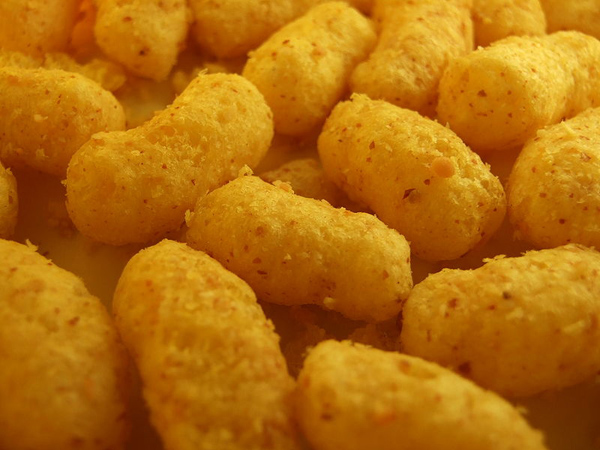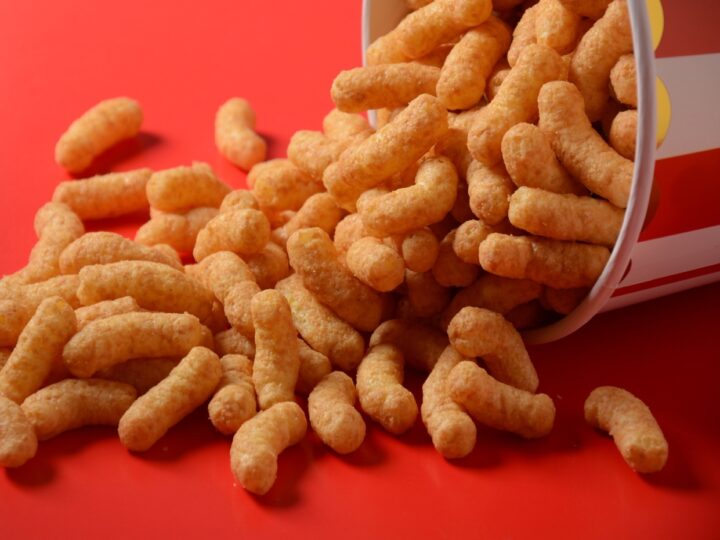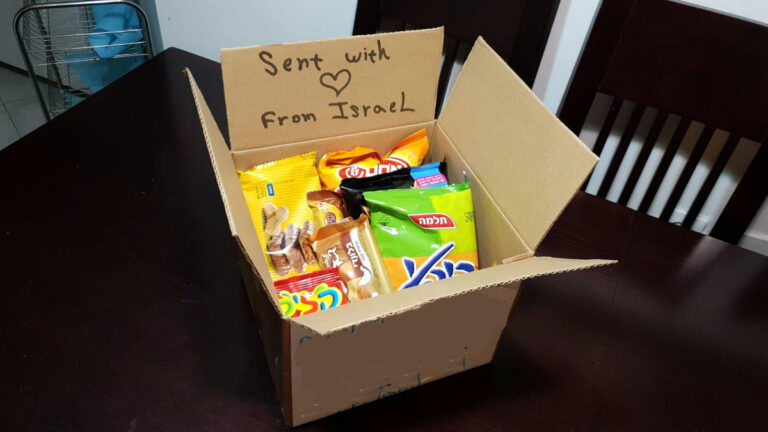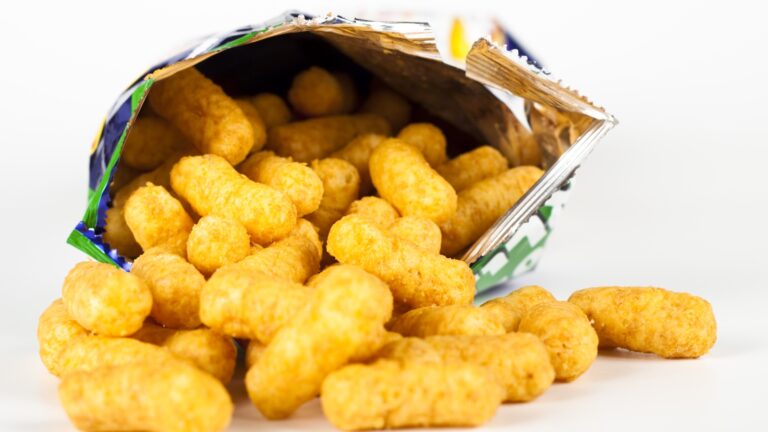Interest in Israeli children’s snacking habits, and Bamba specifically, skyrocketed over the weekend as the National Institutes of Health (NIH) in the US issued a new clinical guideline that calls on parents to feed infants peanut-laden foods in order to prevent peanut allergies in the future.
The new Addendum Guidelines for the Prevention of Peanut Allergy in the United States supplement – written by an expert panel sponsored by the National Institute of Allergy and Infectious Diseases (NIAID), part of the National Institutes of Health — was prompted by emerging data suggesting that peanut allergy can be prevented by the early introduction of peanut-containing foods.
The Addendum Guidelines were published January 5 in the Journal of Allergy and Clinical Immunology and co-published in the Annals of Allergy, Asthma and Immunology; Journal of Pediatric Nursing; Pediatric Dermatology; World Allergy Organization Journal; and Allergy, Asthma and Clinical Immunology.
In 2015, the landmark Learning Early About Peanut Allergy (LEAP) study, supported by the National Institute of Allergy and Infectious Diseases (NIAID) and conducted by the NIAID-funded Immune Tolerance Network (ITN), tested the hypothesis that the very low rates of peanut allergy in Israeli children were a result of high levels of peanut consumption beginning in infancy.
“The LEAP study clearly showed that introduction of peanut early in life significantly lowered the risk of developing peanut allergy by age 5. The magnitude of the benefit and the scientific strength of the study raised the need to operationalize these findings by developing clinical recommendations focused on peanut allergy prevention,” said Daniel Rotrosen, director of NIAID’s Division of Allergy, Immunology and Transplantation.
As ISRAEL21c reported in 2015, in Israel, children can bring any type of sandwich or snack treat to school, unlike in many Western countries where nut-free packed lunches are the norm. Moreover, Bamba is the number-one selling snack in Israel, with 90 percent of Israeli families buying it on a regular basis. Bamba contains 50% peanuts and is fortified with vitamins and minerals (A, B1, B3, B6, B12, C, E, folic acid (B9) and iron).
So whereas doctors in the UK and North America have told parents for the last two decades to steer clear of peanut-based foods when feeding their children, this has never been a part of the Israeli dietary guidelines for babies.
And now, the new NIH guidelines call on US parents to reverse course and start their children on peanut-containing foods to prevent the development of peanut allergy.
Fighting for Israel's truth
We cover what makes life in Israel so special — it's people. A non-profit organization, ISRAEL21c's team of journalists are committed to telling stories that humanize Israelis and show their positive impact on our world. You can bring these stories to life by making a donation of $6/month.








